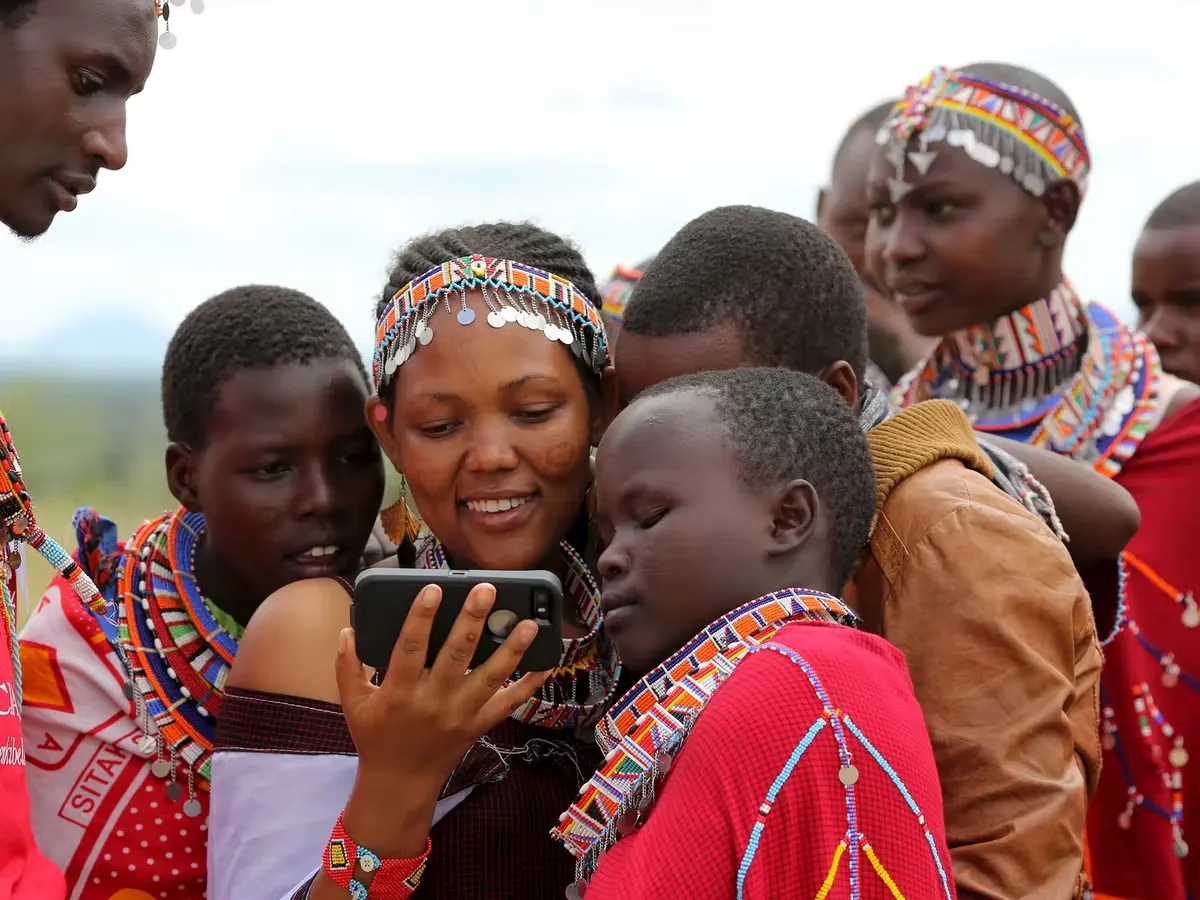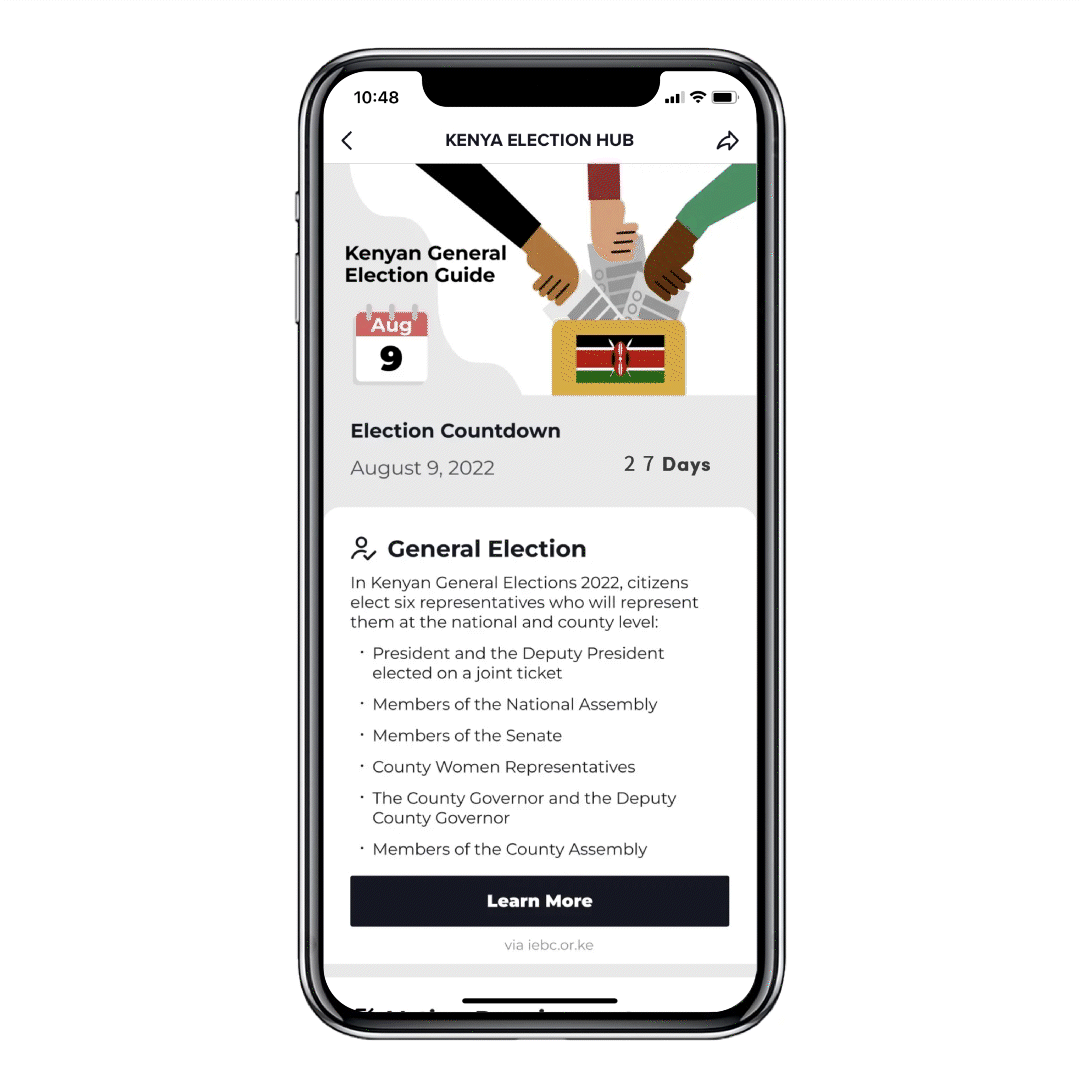TikTok launches in-app guide to curb misinformation ahead of Kenyan elections
TikTok has launched an in-app guide to enable access to factual and authoritative information ahead of Kenya's general elections in August.

TikTok has launched an in-app guide to enable access to factual and authoritative information ahead of Kenya's general elections in August.
Even though TikTok’s policy is against hate speech and sharing of discriminatory, inciteful, and synthetic content, this innovation is coming a month after the Mozilla Foundation revealed that Tiktok was been used to fuel misinformation and political tension. Kenya's election is TikTok's first real test in an African democratic process, according to the foundation.
"We are engaging with diverse stakeholders in Kenya to discuss opportunities and challenges for dynamic solutions in a fast-paced digital world. Our resolve is to spread positive vibes in markets where we operate as we promote peaceful coexistence," TikTok’s Sub-Saharan Africa's Head of Government Relations, Fortune Mgwili-Sibanda said.

In partnership with Article19, TikTok has also launched a three-part series titled #TikTokForPeace. It is a series of TikTok LIVE sessions hosted at Strathmore University, Policy Innovation centre featuring key opinion formers in government, civil society and academia, to focus on tolerance, building bridges and active citizenship. #TikTokForPeace LIVE streams will take place on the Article19 TikTok page on the 18 and 19 July, the first LIVE session took place yesterday.
With TikTok's position as the most popular social media platform in the East African country, the social media platform has also set up a platform to enable users to report harmful content that seems untrue and fuels any political intolerance in any way.
"TikTok plays a significant role in shaping discourse around current affairs. Using TikTok as a medium through which to engender an atmosphere of mutual cooperation during Kenya’s national election period is part of our resolve to provide a platform that promotes peace and provides a safe space for digital expression," Mgwili-Sibanda said.
As of January 2022, there were 11.75 million social media users in Kenya, out of the 23.35 million internet users. Although local content moderation is an effective way to ensure that misinformation is curbed, Odanga Madung, Mozilla Tech and Society Fellow said that "[the] moderation ecosystem lacks both the context and resources to adequately engage with election disinformation in Kenya".
Wired previously reported that Kenyan content creators make $10 to $15 a day by smearing journalists and activists on social media. Others are on a retainer that can go as high as $250 a month. The Mozilla Foundation found 130 TikTok videos featuring hate and disinformation over a six-month investigation, which had collectively amassed more than 4 million views. Researchers have noted that hate speech makes communities "more hostile to each other and increases the risk of violence".






